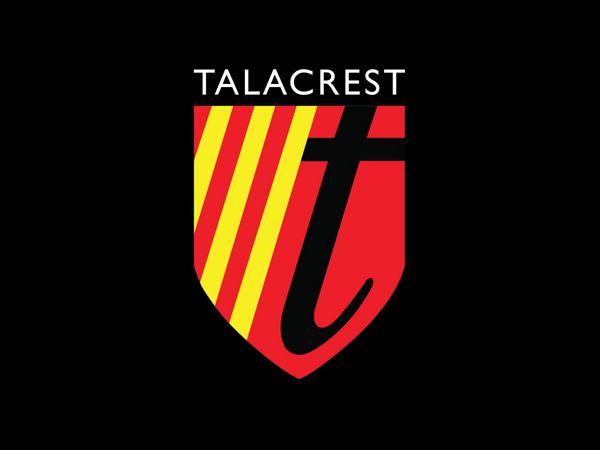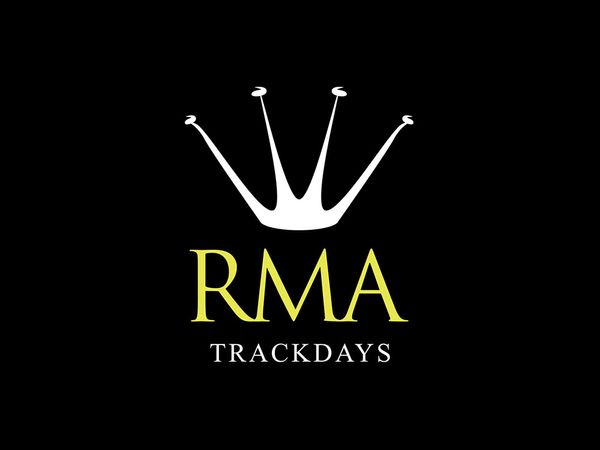Glamorous ‘50s Italian trio comprising Ferrari, Lancia and Siata take a bow at this month’s Salon Privé Concours presented by Aviva.
Very first Ferrari 195 Inter to be produced, clothed with Touring body.
Vignale-bodied Lancia Aurelia one of only 98 built on B52 chassis.
Bertone-produced Siata Daina Sport’s exotic design belies humble underpinnings.
The style and glamour of 1950’s Italy will be celebrated at this month’s Salon Privé Concours presented by Aviva, with a Latin threesome that epitomises the thrill and freedom of mid-century Mediterranean motoring.
When Salon Privé’s 195 Inter Coupé took to the road, Ferrari was a fledgling business, but already making a stir in the motorsport arena. While, in Turin, Lancia had just launched its first post-war car, the Aurelia, a beautiful Vignale-bodied example of which will be gracing Blenheim Palace’s lawn, along with an intriguing outlier: a rare Siata Daina Sport coupé built by Bertone.
1950 Ferrari 195S Inter Coupé by Touring
By as early as 1950, Enzo Ferrari realised the importance of road car sales as a way of funding the company’s motorsport activities, about which ‘il commendatore’ was so passionate. While the 1950 195 Inter Coupé borrowed its mechanicals from Ferrari’s racing machines, its engine was re-tuned to provide more flexibility for road drivers. Even so, the 2341cc 60-degree V12 that powered the car still produced 170bhp, giving the 195 a top speed of over 110mph, and secure handling thanks to its race-bred chassis.
Salon Privé’s 195, with matching ‘0081 S’ chassis and engine numbers, was the first of type produced by Ferrari out of a total production of 25 such models. It was also one of only three chassis dispatched to Touring in Milan for its coachwork, though this car in particular has certain unique features, such as a lack of ‘Superleggera’ script on its bonnet, and fitment of small, Barchetta-style tail lights.
Painted in Oro Metallizzato, 0081 S made its first appearance at the 1951 Turin Motor Show, displayed by Franco Cornacchia’s Societá Agenzia Internazionale Commerciale Auto Ricambi, on behalf of Ferrari. It was then sold to Giuseppe Fiocchi of Lecco and registered in the Como area as ‘CO 32210’. Passing through one more Italian owner, the car was then sold to US serviceman Donald Maynard, who returned to the United States with it in 1959. The car then passed through several more owners, before eventually being sold to Massachusetts resident, Richard Little, who began, but never completed, an exhaustive restoration. Two owners later, it fell into the hands of Richard Martin, who commissioned Terry Scarborough to undertake a full restoration, which took two years.
After appearing at the Pebble Beach Concours in 2008, the 195 received a Platinum award at the 2009 Cavallino Classic and was then shown at The Quail in 2010. Brought into the UK during the mid-2010s, the car is now enjoyed regularly by the current owner and his son. Most recently, they entered the car in the 2023 Mille Miglia where it competed under car number 186 and was the first Ferrari to cross the finish line in Brescia.
1952 Lancia Aurelia 2000 B52 by Vignale
Salon Privé’s Vignale-bodied Aurelia perfectly embodies Lancia’s advanced engineering ethos. The company’s first post-war model, the Aurelia was also the first series production car to be fitted with a V6-cylinder engine. This was mated, uniquely, to a combined clutch/gearbox/final-drive assembly mounted at the rear of the car for better weight distribution. The Aurelia’s chassis was also advanced for its time, employing multi-link rear suspension and Lancia’s sliding-pillar front suspension, which had been constantly developed since first appearing on the 1920s Lambda model.
Chassis B52-1054, presented at Blenheim this month, is a second-series Aurelia with a slightly longer ‘B52’ wheelbase, typifying Lancia’s practice of creating platforms for which coachbuilders could construct custom bodies. The chassis was shipped to Carrozzeria Alfredo Vignale, who built the body to the design of Rodolfo Bonetto. Rodolfo was an award-winning industrial designer at the beginning of his illustrious career, and his design beautifully illustrates the transatlantic design crosscurrents of the post-war period. The roofline and cabin share their ‘house style’ with Giovanni Michelotti’s Aurelia B50 “Ginevra” for Vignale. The front end, however, reflects the design’s international influence: with its distinctive central roundel and split-grille treatment, it recalls Studebaker’s new designs for 1950, but in place of the American car’s chrome nose cone is a central driving light. Equally remarkable are the tail lights, whose cylindrical inset is nicely balanced against the articulated indicators above the bumpers, similar to styles shared with early Vignale-bodied Ferraris.
1953 Siata Daina Sport by Bertone
The final car of Salon Privé’s ‘Italian Glamour’ trio is the far less well-known, but equally arresting, Siata Daina Sport coupé. Made between 1950-’58, the Siata (for Societá Italiana Auto Trasformazione Accessori) was originally manufactured at Stabilimenti Farina, and used modified underpinnings from the Fiat 1400, including that model’s engine, suspension and steering. However, improvements made to the 1400’s engine, including a new design of valves and manifold, gave the Siata performance which more closely suited its rakish profile. Allied to this, the Siata’s lightweight and agile handling made it a compelling choice for amateur competition drivers in Europe and the United States.
When Stabilimenti Farina closed its doors in 1953, production of the three-variant Daina range – coupé, convertible and Gran Sport – ceased. Manufacturing was then handed over to Bertone, which built its own version of the coupé, called the Sport. And it’s this model that Salon Privé is presenting at Blenheim.
Originally delivered to a customer in France, who competed in local events, such as the Rally des Sables, it eventually went into long-term ownership, remaining in Paris for many years. Its current, Belgium-based owner purchased the car in 2010, and, finding that it was fitted with a non-standard Fiat engine, but supplied with its original 1400cc motor, as well as an early 2300cc unit, he opted for the latter in the name of greater performance. The engine bay was then modified to a high standard to accommodate the 2300 unit.
Salon Privé’s David Bagley is looking forward to seeing the disparate set of Italians at Blenheim Palace later this month: “These cars offer so much variety, both in their mechanical make-up, and their designs. Here we have 4, 6 and 12-cylinder power, and bodies from three of the most respected carrozzerie, which I’m sure will generate a lot of interest at Blenheim.”
Salon Privé Week 2023
30 August – Salon Privé Concours presented by Aviva.
31 August – Salon Privé Concours presented by Aviva.
1 September – Salon Privé Ladies’ Day presented by Boodles.
2 September – Salon Privé Supercar Saturday & Club Trophy presented by Lockton.
Tickets can be purchased via the website: www.salonpriveconcours.com
Charity Partner
Salon Privé is proud to have the Rainbow Trust Children’s Charity as its charity partner once again. The organisation provides emotional and practical support to families who have a child with a life-threatening or terminal illness, and thanks to the generation donations of guests and Concours entrants, the event has so far raised in excess of £1.1 million for these great causes.





















